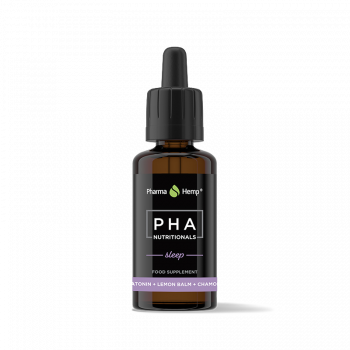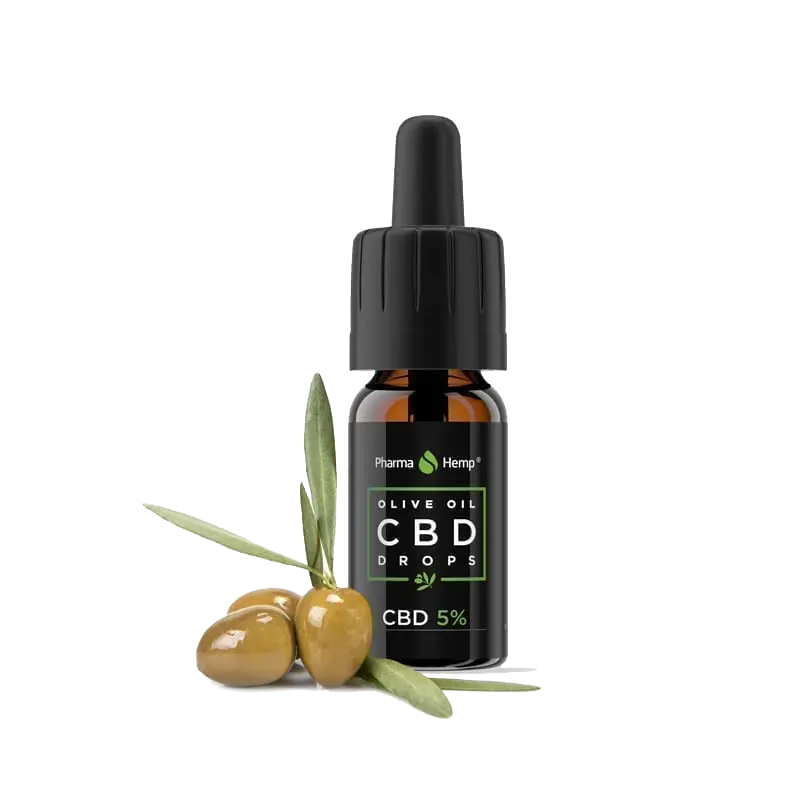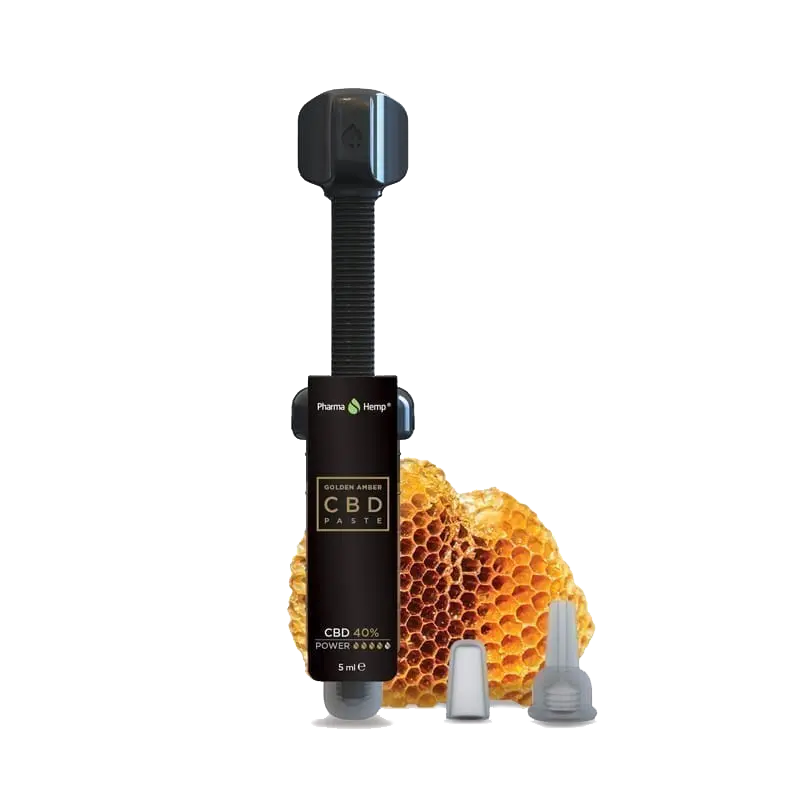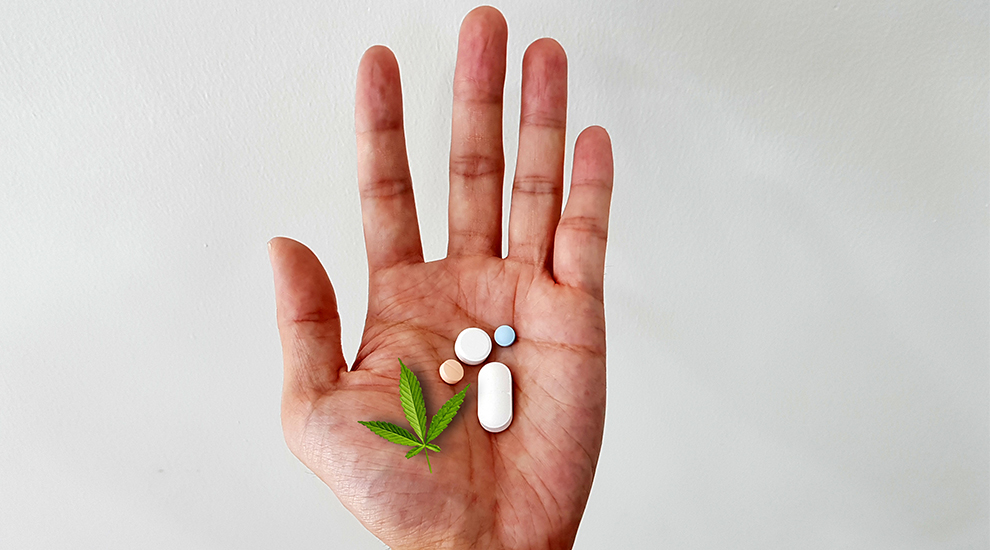How Does CBD Interact with Medications?
Although an increasing number of customers choose CBD, there are few side effects caused by cannabidiols. However, it’s worth keeping in mind that there are situations when this natural hemp extract compound, recognized as a potential solution for numerous conditions, can interact with several medications. Keep reading to discover how CBD interacts with medications!
CBD – everything you need to know
In a nutshell, CBD, which stands for cannabidiol, is an active compound naturally found in hemp. It interacts with the endocannabinoid system (ECS) and may help with the body’s homeostasis.
It’s no wonder that due to the increasing popularity of CBD, many people decide to give it a try, as they hope it could positively impact their well-being.
While research generally shows that CBD is safe for our bodies, and there have been very few cases of side effects reported, it’s worth keeping in mind that we metabolize different substances in different ways. That’s why CBD can interact with some medications.
When you take medications, your body uses various enzymes such as Cytochrome P450 (CYP450) to metabolize them. CBD is metabolized with this group of enzymes as well. So CBD can interact with other substances metabolized by similar enzymes from the group. It can either accelerate or inhibit the medication metabolism process. It can result in a more substantial effect of medication.
How does CBD interact with medications? 2 possible scenarios
1. Inhibiting the CYP3A4 enzyme and medication metabolism
According to the research, CYP450 enzymes metabolize cannabinoids, and during the process, CBD interferes with the CYP3A4 enzyme belonging to the CYP450 enzyme family.
The problem is that CYP3A4 is responsible for metabolizing the vast majority of prescribed medications. Therefore, if you use products with CBD while taking these medications, your body may not be able to break them down effectively.
Therefore, before you decide to try CBD products, you should first consult a healthcare professional to ensure that they’re suitable for you.
2. Increasing the concentration of the medication in the bloodstream
Researchers are still working to determine potential interactions between cannabidiol and medications. Therefore, before any official recommendations are available, it’s assumed that it’s better to cut down on CBD products if you take medicines with a grapefruit warning on the label.
What does this warning indicate? This warning states that patients taking specific medications should resign from consuming grapefruit and grapefruit juice. As indicated by the Food and Drug Administration, substances found in grapefruit increase the concentration of the medication in the blood and may cause severe side effects.
It’s worth noting that a significant number of medications interact with grapefruit and similar juices because the furanocoumarins substance found in citruses inhibits CYP3A4 and slows down the medication metabolism process similarly to CBD.
To avoid potential risks, it’s advisable to resign from CBD products while taking popular medications with the grapefruit warning:
- Blood pressure medications,
- Immunosuppressants
- Erectile dysfunction medications,
- GI medications, such as to treat GERD or nausea,
- Antibiotics and antimicrobials,
- Pain medications,
- Antiepileptic drugs (AEDs),
- Heart rhythm medications,
- Cholesterol medications,
- Blood thinners,
- Prostate medications,
- Mood medications, such as to treat anxiety or depression,
- Corticosteroids,
- Anticancer medications,
- Antihistamines.
CBD and its interaction with medications – the takeaway
Although ongoing research aims to determine possible interactions between CBD and specific medications, Initial studies indicate that cannabidiol can interfere with some medicines by either slowing down or speeding up their metabolism process. Detailed studies will certainly help determine how severe the interactions of CBD and medications are. For the time being, before choosing a particular product, it’s advisable to consult a primary care physician to make sure that we can safely apply CBD.


 Slovenščina
Slovenščina Deutsch
Deutsch Español
Español




